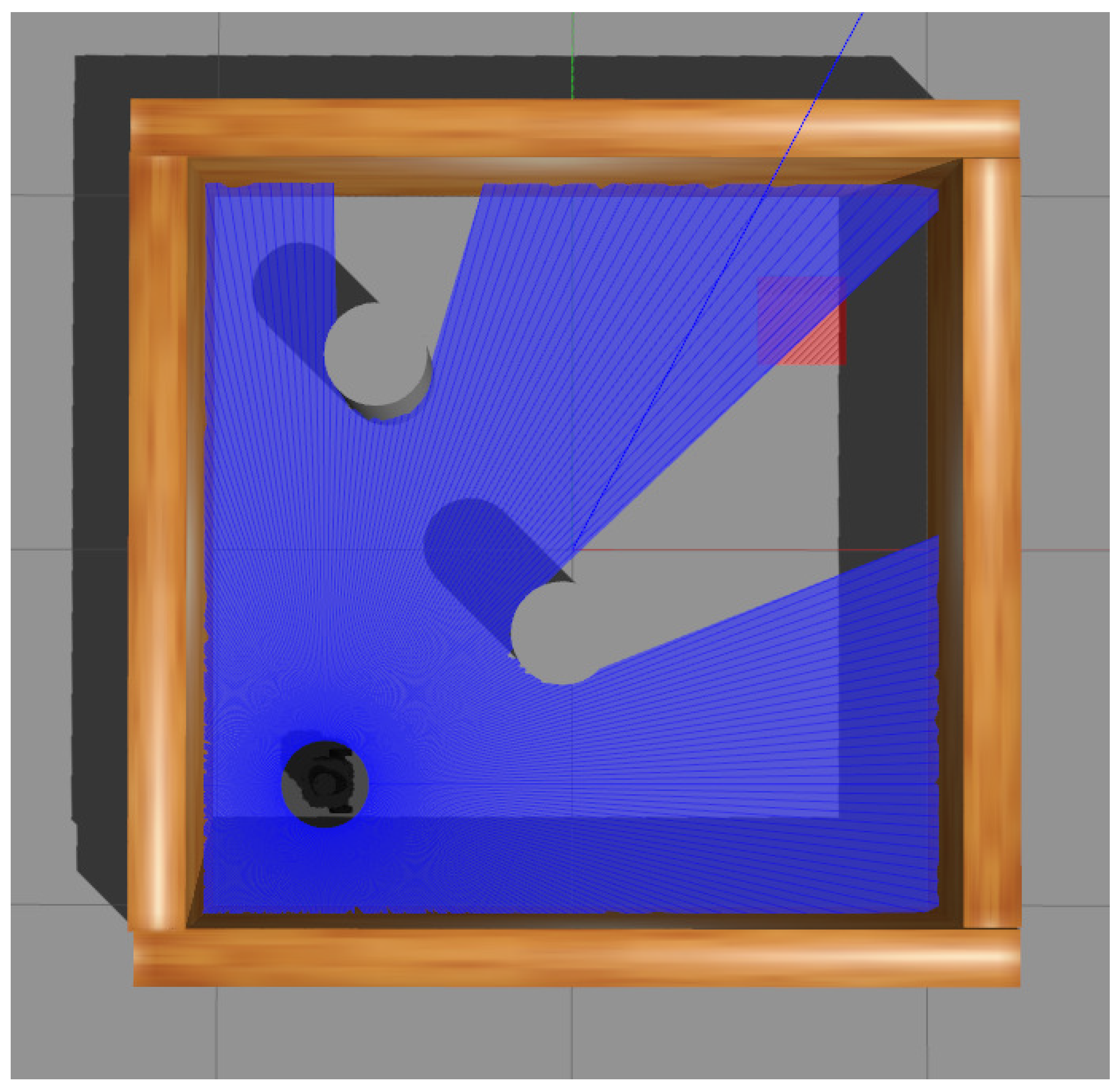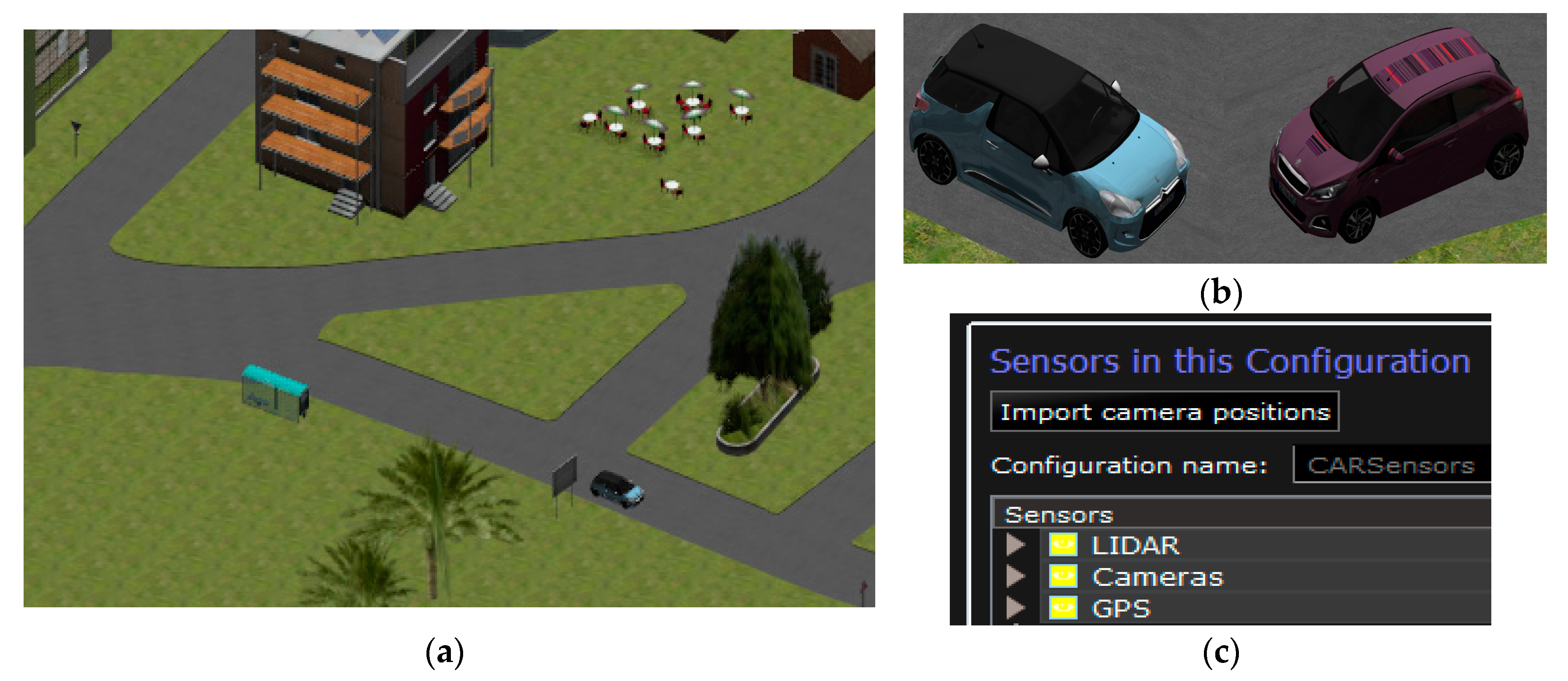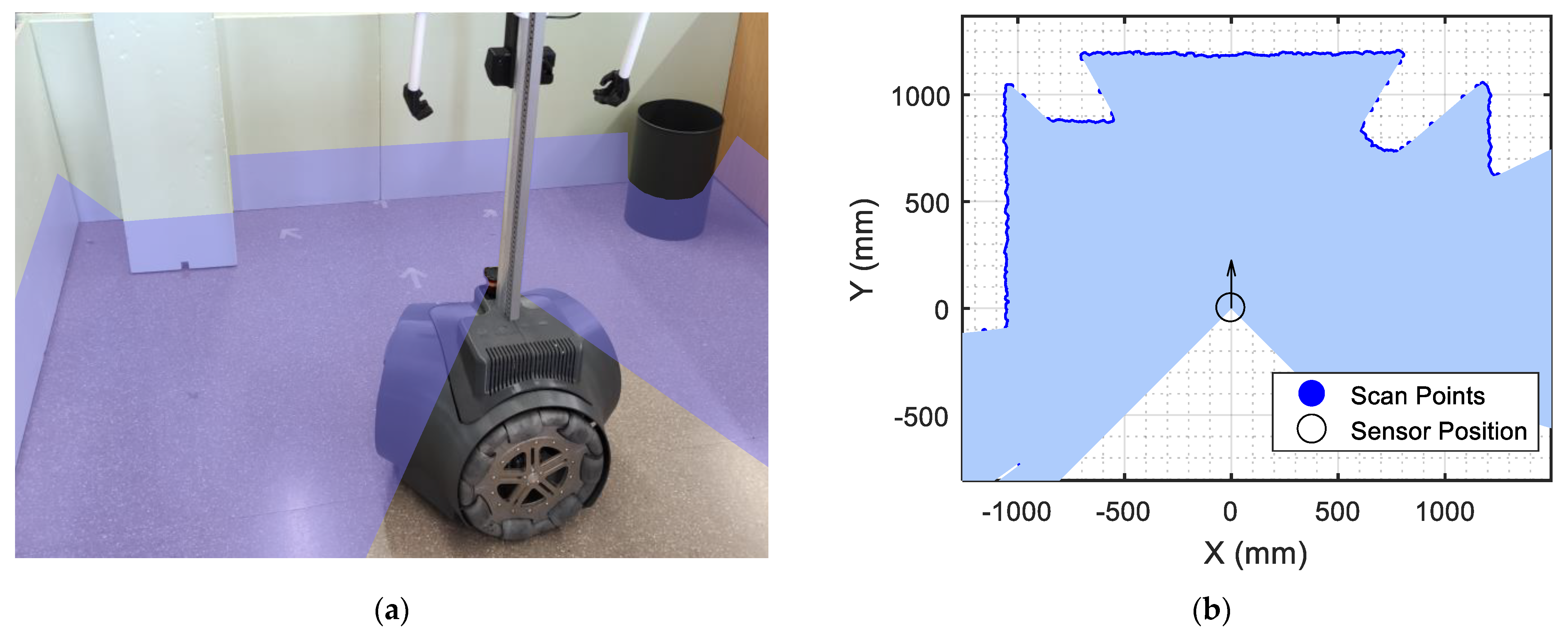Autonomous Driving Control Based on Circuit Diagram To use LiDAR and infrared sensors effectively for obstacle detection in robotics, they need to be integrated with other sensors and systems on the robot.

The LiDAR data is pre-processed before applying all the steps mentioned above. Pre-processing is done to downsample the LiDAR data so that obstacle detection can be done efficiently without unnecessarily processing a large number of data points. Voxel grid is used for downsampling the LiDAR data points.

RPLIDAR and ROS programming Circuit Diagram
navigation system versus stitching, calibrating and synchronizing many sensors. 2 Common Approaches to Obstacle Detection The most common approach to ODOA is utilizing 2D, or planar LiDAR. These solutions are effective for an ultra-wide horizontal field-of-view, however they only detect obstacles on the horizontal plane on which they're mounted. Read a Lidar Scan. Each scan of lidar data is stored as a 3-D point cloud. Efficiently processing this data using fast indexing and search is key to the performance of the sensor processing pipeline. This efficiency is achieved using the pointCloud object, which internally organizes the data using a K-d tree data structure.

The robot will move fast. In that case, if any human is near to robot it should be slow down. For that purpose, I want to use Rplidar A2 which will be in a fixed position. using Rplidar I wanted to detect any human or other obstacle is approaching towards the danger zone. So far using Rplidar python package I was able to extract the data from it.

How LiDAR and Infrared Sensors Enhance Obstacle Detection in Robotics Circuit Diagram
Sensor fusion, multi-modal perception, autonomous vehicles — if these keywords pique your interest, this Medium blog is for you. Join me as I explore the fascinating world of LiDAR and color image-based environment understanding, showcasing how these technologies are combined to enhance obstacle detection and decision-making for autonomous vehicles.

Contribute to udacity/SFND_Lidar_Obstacle_Detection development by creating an account on GitHub. AI-powered developer platform Available add-ons. usually in a 360 degree range. While lidar sensors gives us very high accurate models for the world around us in 3D, they are currently very expensive, upwards of $60,000 for a standard unit. An accurate perception with a rapid response is fundamental for any autonomous vehicle to navigate safely. Light detection and ranging (LiDAR) sensors provide an accurate estimation of the surroundings in the form of 3D point clouds. Autonomous vehicles use LiDAR to realize obstacles in the surroundings and feed the information to the control units that guarantee collision avoidance and motion
